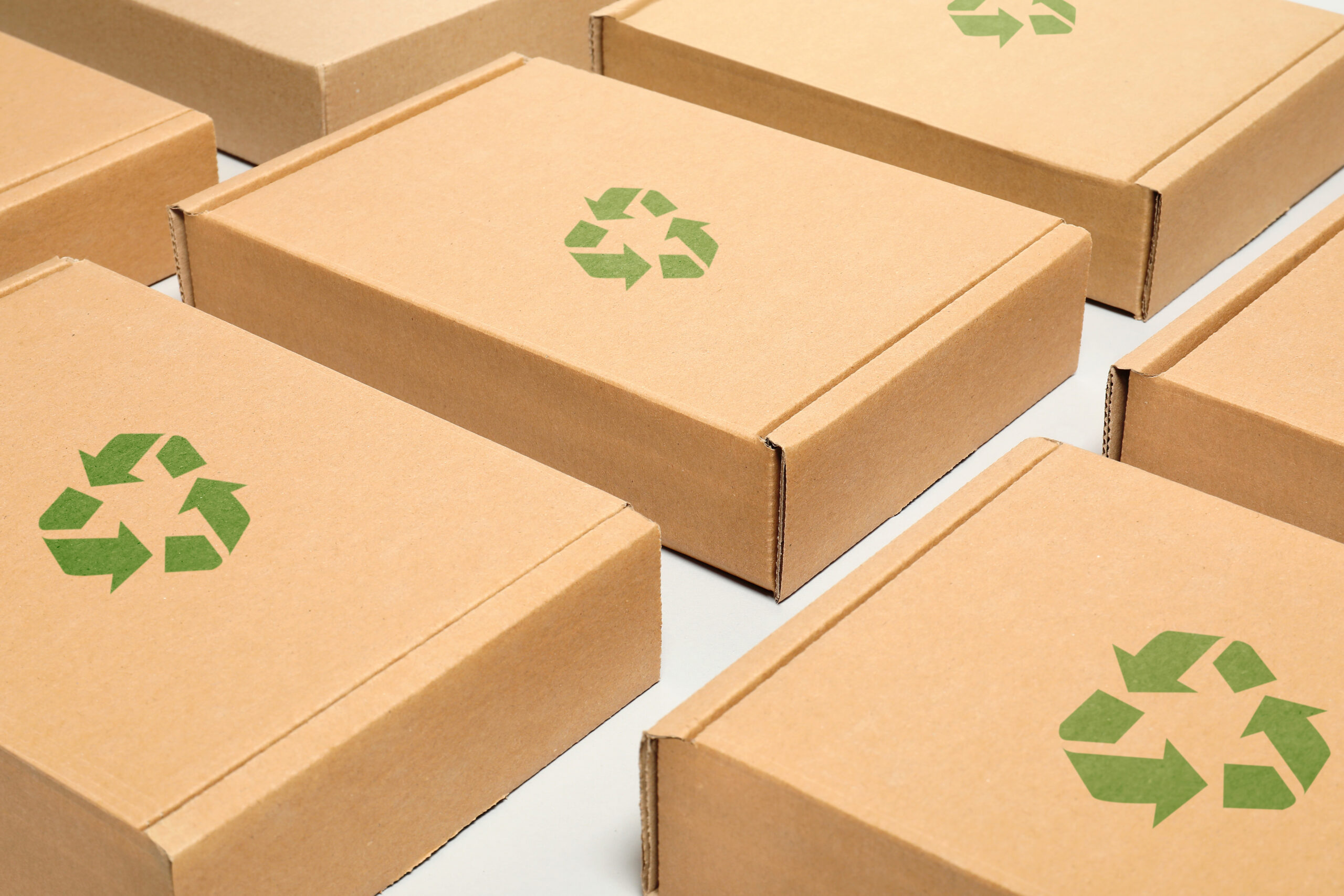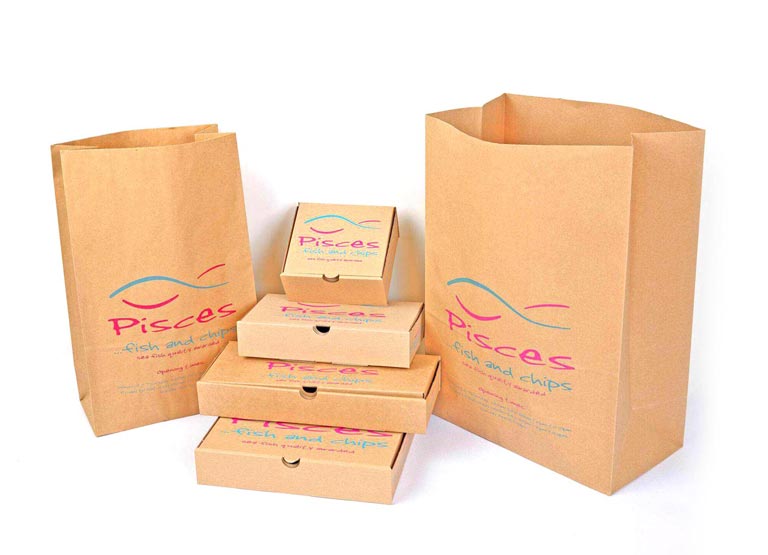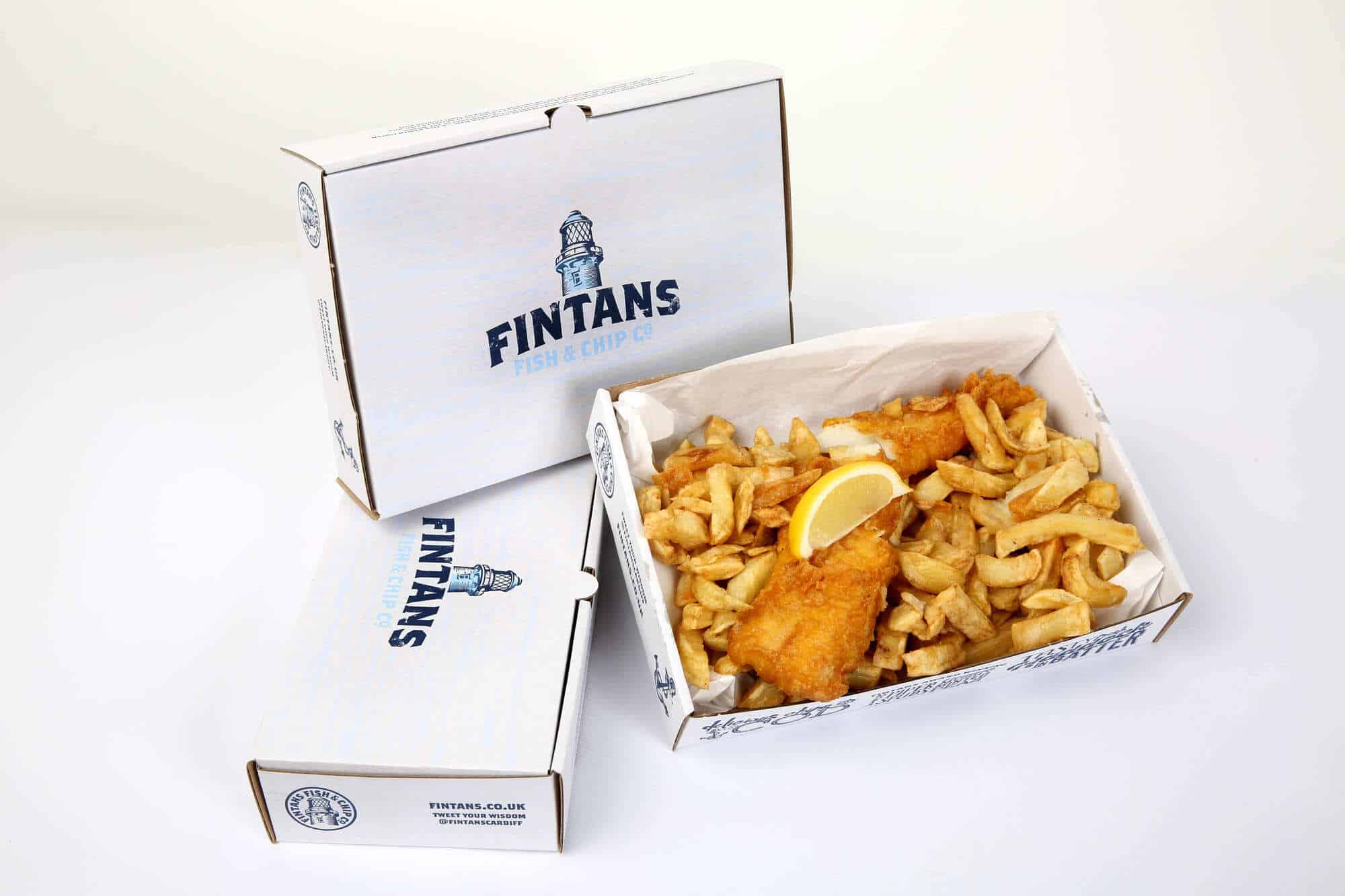What to Do With Your Used Bags or Packaging
In a world where we are slowly battling against climate change and doing our uppermost to clean the seas, it is vitally important that we recycle the waste that we produce from things like packaging, drinking bottles, broken goods, and more. Recycling is a well-known process of reusing materials or converting waste materials into reusable material. Recycling isn’t actually a modern process. Before the years of waste collection, many people would reuse their waste or convert their waste into something useful rather than building up additional waste in their own homes. This habit of reusing waste or materials has been influenced in more recent years, especially amongst customers of big-name supermarket chains in the UK. Since October 2015, every store selling plastic bags has been required to charge 5p per use. This was implemented to reduce the amount of pollution that is caused by single-use plastic bags. Shops across the country have taken full advantage of this and have started to use thicker, higher quality bags to encourage reuse. An example of this is Tesco, who charge 10p for plastic bags that are much better quality material. The bags are also promoted as ‘Bags for Life’, as the profit usually goes to a charity and the bags are promoted as reusable. This is an excellent strategy to widely encourage customers to reuse the bags. as they will be giving the money to a good cause, they will not feel guilty about throwing away the plastic bags, plus they will not have to pay the 10p charge if they bring their own bags.
Since the 5p charge and the rise in awareness of pollution and landfill overflow from the use of plastic bags, many small and large retailers have made the switch from plastic bags to paper bags. This could be for a marketing tactic to encourage shoppers to shop with them to avoid the fee or to reduce their carbon footprint. Paper bags are much easier to recycle than plastic bags and pretty much all paper packaging is biodegradable. Paper bags are also increasingly popular with fast food companies as well. Ever since the 5p charge has been introduced, we have seen an increase in sales in paper bags at Wyatt and Ackerman. In this post, we have instructed what you should do with different types of packaging, what it can be recycled into or how you can reuse it yourself.
Plastic Bags
As previously mentioned, many big-name supermarket chains across the country have begun to charge 10p for higher quality plastic bags, and many stores across the country have begun using higher quality bags to encourage reuse. For brands, customers reusing their bags does not just reduce their carbon footprint, it also helps to market their brand as more people will see the brand on the bag if it is reused. After a few shopping trips to stores that supply plastic bags, you are bound to have enough bags to reuse for all different purposes. Strong plastic bags can be reused for shopping again, for holding changes of clothes, wet and muddy clothes, for storing food for trips away and even more purposes, you just have to be creative! Instead of buying new plastic bags each time, reduce your carbon footprint by giving up a drawer in your home for strong plastic bags and reuse them for whatever purpose is beneficial to you and the environment. Plus, if you use them for shopping, you will not have to pay the annoying 5p or 10p fee.
Many small establishments that may not be able to afford stronger plastic bags do still tend to use weak plastic bags, however, many of the weak plastic bags that you receive are biodegradable. Biodegradable products are capable of being decomposed by bacteria or other living organisms and thereby avoid pollution. Unfortunately, it is hard to know if the bags are biodegradable or not, but reuse is better than throwing away waste. Thin plastic bags can fit in the same drawer as thick plastic bags and can be reused for shopping for smaller goods. There are also many hidden uses of thin plastic bags, such as using the bags for packaging material. By using thin plastic bags as packaging material, you are preventing the use of single-use polystyrene. Just ensure whoever you are sending the package to knows to reuse the plastic bags as well!
Paper Bags
Paper bags are much more environmentally sustainable as they can easily be recycled. Many companies that produce large amounts of waste, such as fast food companies, have made the switch from plastic bags to paper bags to reduce their carbon footprint. Paper bags can decompose between 2 to 6 weeks, which is extremely less harmful than plastic bags, which can take up to 1000 years, polluting our planet in the process. This is why it is so important to reuse plastic bags or to use paper bags alternatively. Paper bags can also look remarkable and be reused just like plastic bags. That is why many high-end market retailers prefer to use well-designed deluxe paper bags. Paper bags using string as the handle can look much more attractive than a creased conventional plastic bag.
Like plastic bags, there are ways that you can reuse paper bags instead of throwing it away after use. Paper bags are excellent for a multitude of purposes such as packaging lunch in to take to work or school, packaging material (like plastic bags), using as gift wrap, making tags, and much more! Recycling should always be your first choice when looking to dispose of paper bags, however, why not reuse before recycling to prevent the use of even more waste? There are many different ways that you and your company can reduce your carbon footprint, and help to keep our planet remain healthy. If your business supplies goods that don’t weigh excessive amounts, why not make the switch from plastic bags to paper bags? Paper bags are also simple to customise, so you can have paper bags that establish your brand and give them an ecologically sound reputation. Enquire with us at Wyatt and Ackerman about the types of paper bags that we offer, and make a beneficial switch today for your business and our future.
Food Packaging
In the UK, it is very unlikely that the packaging for your fast food will be made out anything besides paper or cardboard, both materials that can be recycled. Fast food restaurants such as fish and chip takeaways tend to use cardboard boxes or paper bags for the food that they sell. With fast food packaging, it is unlikely that you will want to reuse it as it will have food leftovers or grease stuck to it, so it is best to place the empty packaging in a recycling bin. Despite the packaging having some food still left on it, it will still be completely fine to recycle and will not cause any damage to the environment. Some food packaging that you use may have a film of plastic over the front of it so that the food inside is still visible. This packaging is very commonly biodegradable, so it can still be available for recycling after use. If it is clear that the plastic film cannot be recycled after use, remove it then recycle the rest of the cardboard packaging. This will prevent the rest of the cardboard being sent to landfill. Although the cardboard will decompose relatively quickly, it would be more environmentally sound for the cardboard to be recycled.
Recycled cardboard can be used to create chipboard, which can then be used to create paperboard, paper towels, tissues, printing and writing paper, and much more. Cardboard is one of the worlds most useful recyclable materials. Whenever you have any cardboard or paper waste, please recycle as it has more benefits than just preventing landfills from overflowing. By recycling paper and cardboard, you are preventing the progress of deforestation, which is killing wildlife, as well as reducing the amount of oxygen on our planet. Deforestation also speeds up the process of global warming as carbon dioxide (greenhouse gas causing global warming) is consumed by plants and trees. If more plants and trees are being cut down to create paper and card, then carbon dioxide levels on our planet will be increased, speeding up the process of global warming. We urge that all paper and cardboard you use is recycled or reused. All of our bags and packaging products at Wyatt and Ackerman are biodegradable or recyclable. If you wish to change the bags or packaging you use and become a more environmentally sustainable company, choose Wyatt and Ackerman.



